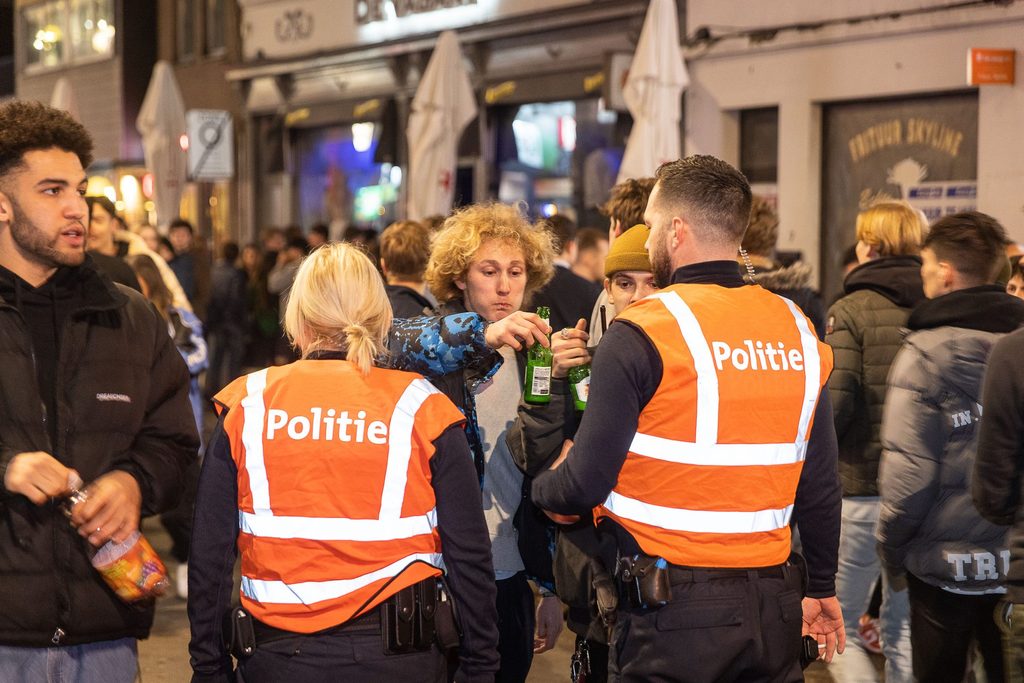In Belgium, as in neighbouring countries, alcohol plays a significant role in traditions and European nations have the highest alcohol consumption rates globally.
Recent official reports indicate that Belgians consume an average of 12 litres of alcohol per capita annually, surpassing the European average. The prominence of alcoholic beverages in Belgian culture leads to an early introduction to alcohol, often occurring before the legal drinking age.
Alcohol has for years been synonymous with fun and facilitating social interactions. However, along with the traditional consumption of beers, wines, and vodkas among various age groups, a concerning trend has emerged in recent years, particularly affecting young people: binge drinking.
Salvatore Campanella, a professor in psychology at the ULB in Brussels and co-author of a book on the subject, highlighted in a recent RTBF article the change in alcohol consumption patterns among the youth. While overall daily alcohol consumption may have decreased, Campanella said that binge drinking has become more prevalent, especially in pre-party settings. “Young people tend to consume large amounts of alcohol rapidly to get drunk quickly without spending much money at clubs,” he told RTBF.
A cultural blind spot
Despite being a major public health issue and the leading cause of preventable deaths among young people aged 15 to 29, there is a cultural reluctance to hold alcohol responsible. Fanny Bétermier, a communication officer at Infordrogue, a Belgian association offering support and information on alcohol-related problems, emphasises the challenges of dealing with such a deep-rooted problem.
“The impact of alcohol on young people is particularly concerning because their brains are still developing, and alcohol's neurotoxic effects can hinder proper brain development, especially in areas responsible for regulating behaviour and rational choices,” she told RTBF.
“Among young people – particularly among boys – rapid and excessive alcohol consumption has led to a sort of drinking culture where sobriety is often stigmatised. Encouragingly, efforts are being made to promote moderation and challenge the notion that excessive drinking is necessary for enjoyment.”
Related News
- Minors who put Bruges man into coma were 'heavily intoxicated'
- Ketamine use among teenagers in Belgium on the rise
- Teenage trends: Less alcohol, tobacco and drugs; more e-cigarettes and medication
Beyond the festive binge drinking, young people facing various challenges and tensions, such as those exacerbated by the Covid crisis, may turn to alcohol for relief. Early alcohol exposure during difficult life events increases the risk of alcohol dependency.
But binge drinking is context-dependent and tends to diminish over time. During the Covid crisis, some young people reduced their alcohol consumption due to changes in social settings. Initiatives such as promoting free water in festive environments offer a way of regulating alcohol consumption without imposing strict controls.

